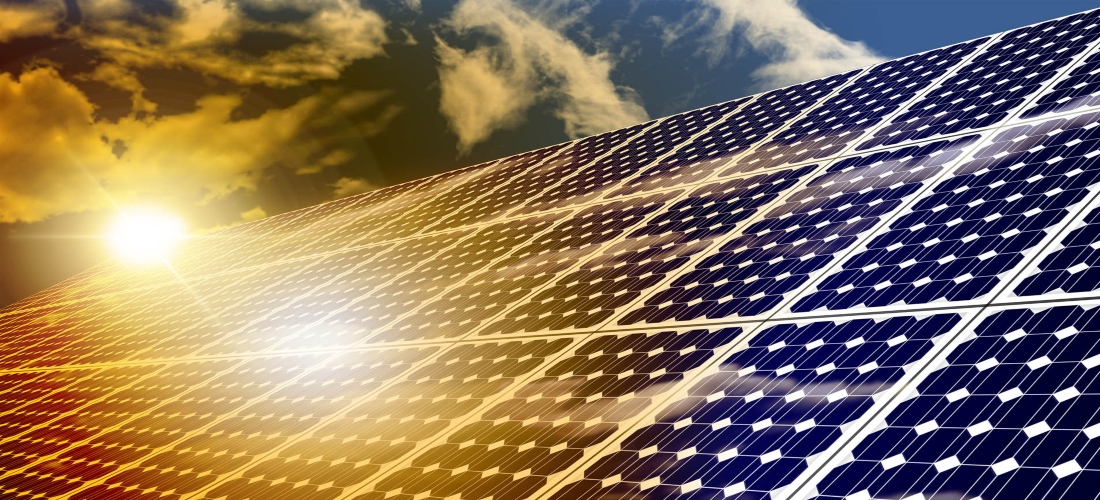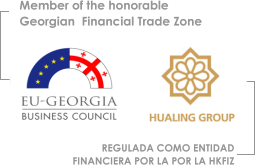NEWS

Clean energy: the EU boosts renewable energy and energy efficiency
The fight against climate change remains one of the EU's priorities. Discover the work of MEPs to boost energy efficiency and the use of renewables.
The European Commission presented in 2016 a set of clean energy proposals aimed at helping to combat climate change, as well as reducing the EU's dependence on fossil fuel imports and helping households generate their own green energy.
This set of standards consists of three central proposals: one on renewable energy, one on energy efficiency and another on a control mechanism. In November 2018, the Parliament approved the final version of the rules.
Renewable
The proportion of energy consumed from renewable sources has doubled in recent years, from approximately 8.5% in 2004 to 17% in 2016, and the EU is on track to reach its 20% target by 2020.
In 2014, EU countries agreed that this goal should increase to 27% by 2030. With the new rules approved by Parliament it is believed that it should be at least 32.5%.
They have also agreed to increase the right of people to produce, store and consume their own electricity from renewable sources without paying any fees or taxes.
Energy efficiency
Improvements in energy efficiency could not only reduce carbon dioxide (CO2) emissions, but also the annual energy import bill of 350,000 million euros from the EU. The EP and the Council agreed to set a binding objective to reduce energy consumption across the EU of 32.5% by 2030.
An important area for improvement is the heating and cooling of buildings that account for 40% of all the energy consumed in the EU, and about 75% of them are energy inefficient.
To address this issue, Parliament has endorsed new energy efficiency rules for buildings in April 2018. In accordance with these rules, Member States must prepare long-term national strategies to support the renovation of residential and non-residential buildings . The objective is that by 2050 the EU buildings will be much more energy efficient.
In addition, last year Parliament simplified energy labels for household appliances, such as lamps, televisions and vacuum cleaners, to make it easier for the consumer to compare their efficiency.
Control mechanism
MEPs approved new rules on the so-called "governance of the energy union. It is a control mechanism to closely monitor the progress of the countries towards the EU energy and climate targets for 2030 and a cooperation tool to fill the empty in case a Member State is delayed.
Next steps
On December 24, 2018, three laws on clean energy entered into force. Member states should incorporate the new directives on renewable energy and energy efficiency into national legislation




